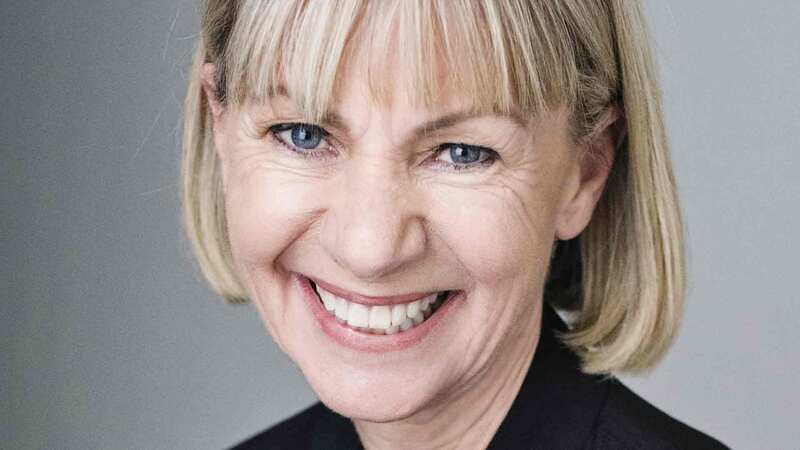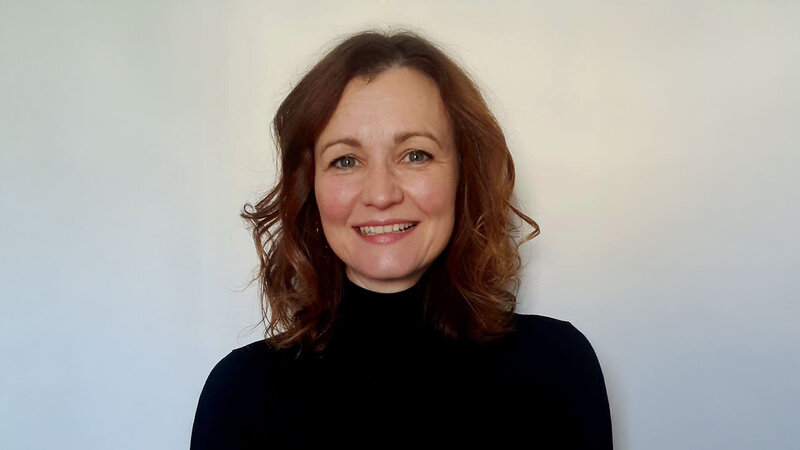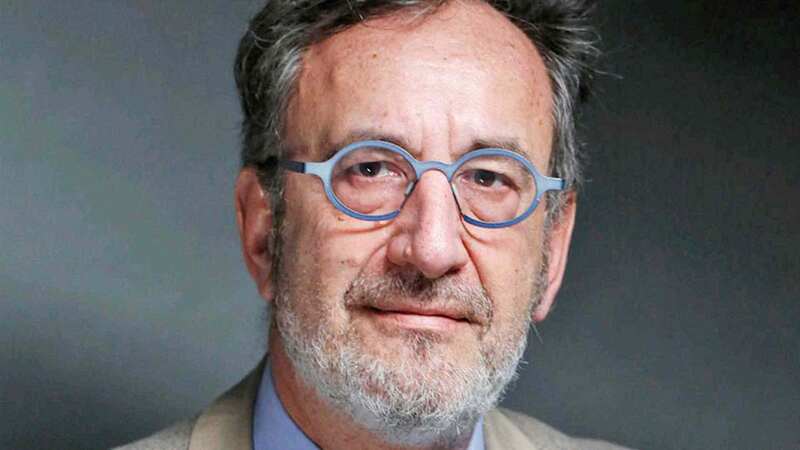You are viewing your 1 free article this month. Login to read more articles.
Ernaux wins 2022 Nobel Prize in Literature
French writer Annie Ernaux has won the Nobel Prize in Literature for “the courage and clinical acuity for which she uncovers the roots, estrangements and collective restraints of personal memory”.
Ernaux was announced as the winner by the Swedish Academy on 6th October. The Nobel Prize will present her with the award on 10th December in Stockholm.
The author was born in 1940 and grew up in Normandy. She studied at Rouen University, later taught at secondary school and was a professor at the Centre National d’Enseignement par Correspondance from 1977 to 2000. Her books are published by Fitzcarraldo Editions in the UK, and by Seven Stories Press in the US.
Certain titles, particularly A Man’s Place and A Woman’s Story, have come to be regarded as contemporary classics in France. The Years won the Prix Renaudot in France in 2008, the Premio Strega in Italy in 2016, and was shortlisted for the Man Booker International Prize in 2019. In 2017, she was awarded the Marguerite Yourcenar Prize for her life’s work. Her work often explores gender and class divides, and has been compared to Marcel Proust.
Ernaux’s debut was Les armoires vides, which published in 1974 (appearing as Cleaned Out in the UK in 1990) and investigated her Norman background. Her fourth book, La place (A Man’s Place,1992) delivered her literary breakthrough, painting a dispassionate portrait of her father and the social milieu that he was part of.
Fitzcarraldo publisher Jacques Testard said: "Everyone at Fitzcarraldo Editions is absolutely over the moon that Annie Ernaux has won this year’s Nobel Prize in Literature. Annie is one of the most important French writers of the last 40-odd years, probably the most important essayist/memoirist in France. She’s written a book about every major event in her life – her illegal abortion in 1963, her realisation of her working-class status as a child, the death of her father, her mother’s decline from Alzheimer’s, her affair with a married man, the loss of her virginity etc.
"Her writing sits somewhere between the nouveau roman, Pierre Bourdieu and auto-fiction, and is, very broadly speaking, preoccupied with gender and power, and every book is a punch to the gut, not to mention beautifully written. The Years, her masterpiece, is a monumental account of post-war French social history as refracted through the life of one woman, which manages that rare feat of making the passing of time palpable as you turn the pages. I’m jealous all of the readers who will now encounter her work for the first time."
Ernaux becomes the third Fitzcarraldo author to win the Nobel in the last eight years, following Svetlana Alexievich picking up the prize in 2015 and Olga Tokarczuk in 2018.
"Annie Ernaux manifestly believes in the liberating force of writing," added Anders Olsson, chairman of the Nobel Committee. "Her work is uncompromising and written in plain language, scraped clean. And when she with great courage and clinical acuity reveals the agony of the experience of class, describing shame, humiliation, jealousy or inability to see who you are, she has achieved something admirable and enduring."
Yale University Press has announced it will publish Alison L Strayer’s translation of Ernaux’s Look at the Lights, My Love in autumn 2023. The book, a diaristic meditation on the phenomenon of the megastore is part of the press’s series the Margellos World Republic of Letters, dedicated to making literature from around the globe available in English through translation.
John Donatich, director of Yale University Press, said: “As a great admirer of Annie Ernaux’s extraordinary work, it is a particular pleasure for me to see her receive this global recognition. Her visionary non-fiction is a profound achievement, and it richly deserves the wide readership this prize will attract. Those many new readers are about to make a wonderful discovery.”


















